There is an urgent need to rewild our planet, says Dr. Enric Sala. The marine ecologist and National Geographic Explorer-in-Residence is author of the recently published book: “The Nature of Nature: Why We Need The Wild”.
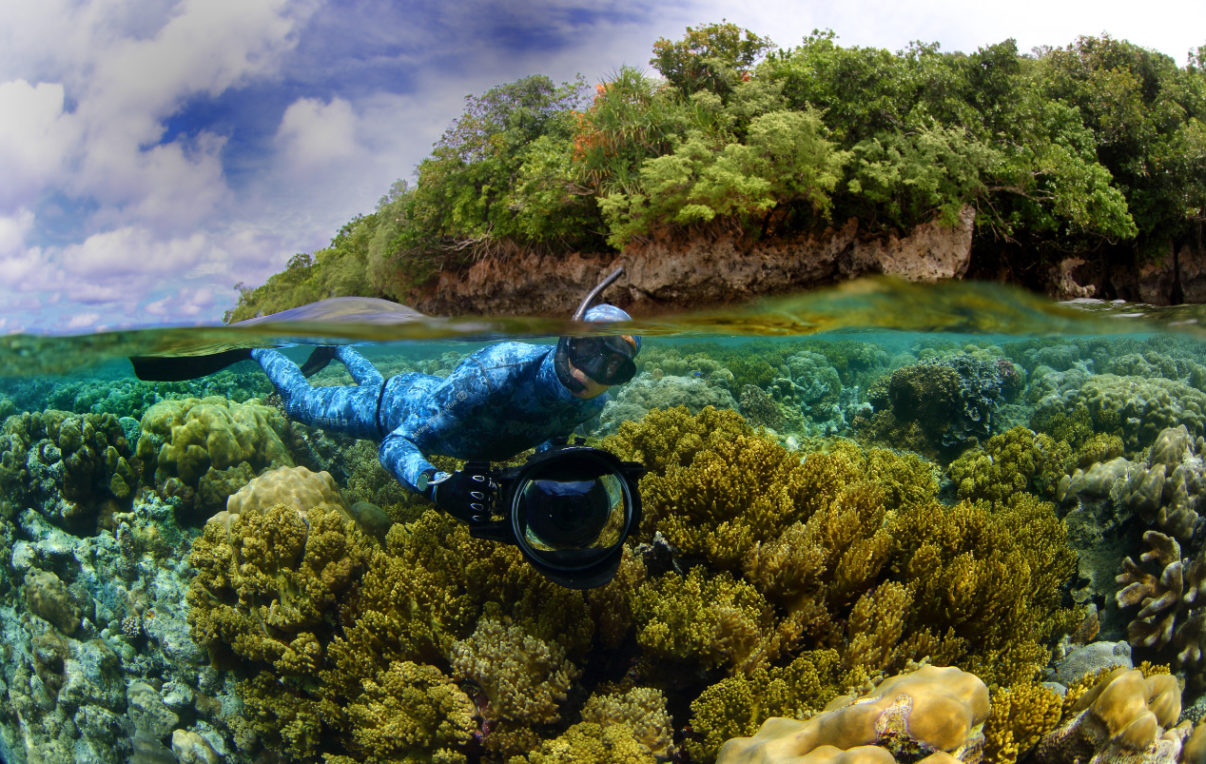
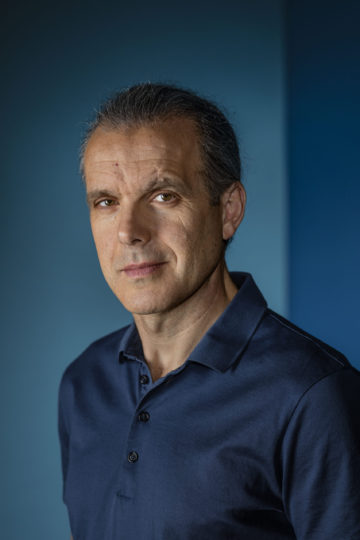
“Tired of writing the obituary of the ocean,” as he phrases it, former university professor and marine ecologist Dr. Enric Sala left his life in academia to become a full-time conservationist in 2008. Working with National Geographic, for whom he became Explorer-in-Residence in 2011, he founded and leads the Pristine Seas Project, which essentially seeks to replicate the terrestrial role of national parks in the oceans. To date, Pristine Seas has helped to create 22 of the largest marine reserves on the planet, covering an area of 5.8 million square kilometres.
In his widely acclaimed new book, titled “The Nature of Nature: Why We Need the Wild“, Sala outlines why the preservation and recovery of wild nature is not only economically practical but essential to our survival. We caught up with Sala to discuss his new book and views on rewilding, nature recovery and Europe’s New Wild, the new TV series co-produced by Rewilding Europe.
What are the key messages from your book?
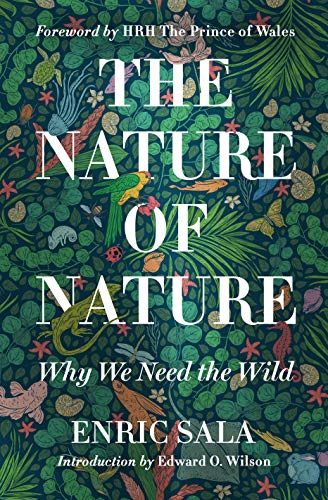
The wild is our life support system. The healthier the planet, the more it can benefit humans and allow us to flourish. There is a growing realisation that we need wild nature for our own well-being and that every ecosystem on Earth is connected. In the past people thought that climate change would affect somebody else, that biodiversity decline was just a problem in the Amazon, that an outbreak of Ebola was just an issue in Central Africa. The COVID-19 pandemic is the loudest wake-up call we’ve had so far that the unsustainable destruction of nature affects all of us.
Your book tells the story of your transition from academia to activism. Can you tell us more about this?
I was working as a professor at the University of California, conducting research on the impact of human activity on ocean life. Everything was bad news. Every day I felt like I was writing the obituary of the ocean, that I was a doctor describing a terminal illness, but without treating it. One day I decided to change course and focus all my energy on finding a cure.
How can protecting and enhancing wild nature protect us from pandemics such as COVID-19?
The spillover of viruses such as COVID-19 from wild animals to humans is becoming more and more common, and in our globalised world they can spread like wildfire. The more we interfere with and degrade wild nature, the less resilient it becomes to disease, while practices such as intensive livestock production create the perfect breeding ground for viruses and bacteria. The brutal cost of COVID-19, both socially and economically, has underlined what will happen if we allow biodiversity decline to continue and if we continue our unsustainable exploitation of the Earth’s resources.
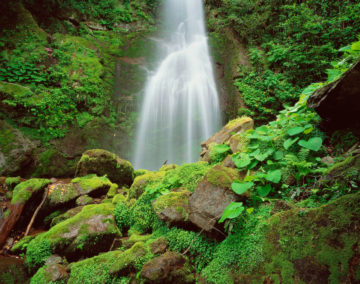
Can you summarise the economic benefits of investing in nature?
Wild nature is a huge economic provider. It provides an estimate $125 trillion to the global economy in free services such as clean air and water and soil nutrients. Some people question whether we can afford to protect nature. The real question is: how can we afford not to? A healthy functioning biosphere is essential to society and the economy – it is irreplaceable.
It is estimated that it would take $140 billion a year to protect 30% of the planet. That is a fraction of the cost of combatting a pandemic like Covid-19 – which was caused by trading wild animals. It is less than the world spends on video games every year. Think about that.
What are your views on rewilding?
There is an urgent need to rewild the planet. Half of all the land on Earth must be kept in a natural state to have any real hope of keeping climate change under control and to prevent the world’s ecosystems from unravelling. Essentially we need a lot more wild nature – it’s a sad fact that when you consider the total biomass of all mammals on land, 96% is accounted for by humans and our domesticated livestock, and only 4% are wild animals.
Even if we stopped environmental destruction today we would still lose a number of wildlife species. It’s not enough to protect what wild we have left – to get out of the mess we have created for ourselves we also need to restore nature on a massive scale.
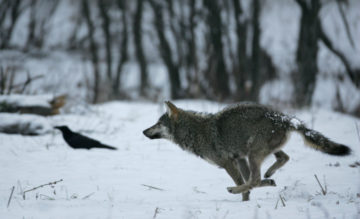
What do you think of Europe’s New Wild?
For me, the comeback of European nature is one of the most inspirational stories from across the world. I was truly surprised to learn that there are more wolves in Europe than in the United States. If nature can make a comeback in Europe, where there are almost no intact ecosystems, then we can certainly rewild the planet. The story told in Europe’s New Wild is a beacon of hope for us all, and I recommend everyone watch the series.
Against the backdrop of climate change and biodiversity decline, are you optimistic about the future of wild nature on Earth?
Let’s leave pessimism for worse times. If we want to live in a world where we can breathe and not get sick by being outside, where we are supported by clean oceans and healthy forests, I think we have no option but to be hopeful. We have already lost many species, but nature can and will bounce back if we let it. The ocean could restore itself massively in just 10 years if we let it. Immediate, global-scale action to protect and restore nature can and will benefit all of us.
